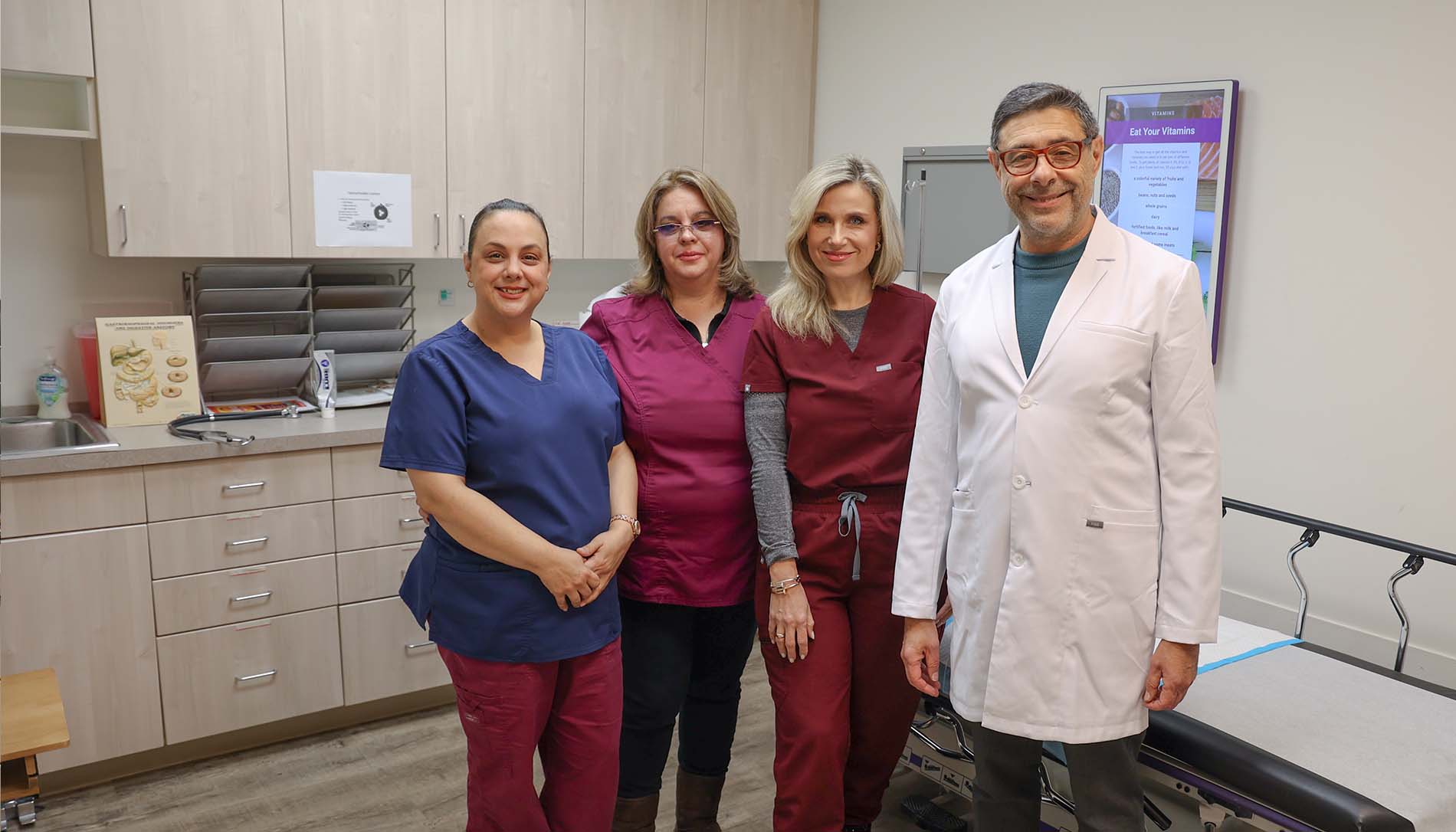Cirrhosis

Cirrhosis means scarring of the liver, which can interfere with normal liver function. There are many causes, including chronic viral hepatitis, fatty liver disease, alcoholism and others. If you have cirrhosis, you have a higher risk of developing hepatocellular carcinoma, a type of liver cancer.
How Cirrhosis Affects the Liver
The liver is an organ vitally important to digestion and the transfer of nutrients from the food we eat to the body’s organs and processes. It also converts potential toxins to harmless substances. Scarring from cirrhosis also alters the blood flow to, from and within the liver and affects the production of bile (which the body requires to break down fats).
Cirrhosis Symptoms
Cirrhosis has two clinical stages, compensated and decompensated.
Compensated cirrhosis means that the liver is still managing to function despite partial scarring. Some people may experience no symptoms at this stage, while others may experience:
• Fatigue or loss of energy
• Weight loss or loss of appetite
• Nausea
• Abdominal pain
• Spider angiomas (a red spot on the skin with tiny blood vessels radiating from it)
As the scarring of the liver increases, symptoms of decompensated cirrhosis appear:
• Jaundice – the yellowing of the skin and whites of the eye
• Fluid buildup causing swelling in the legs (edema) or abdomen (ascites)
• Itching (caused by the excessive bile products)
• Red, blotchy palms
• In men, growth of breast tissue and shrinkage of the testicles
• Easy bruising and excessive bleeding
• Increased risk of infection
Cirrhosis Treatment
Living with cirrhosis requires lifestyle changes to slow the progress of the condition and reduce the risk of complications, including:
• Quitting any alcohol use, even if it is not the cause of your cirrhosis
• Limiting dietary salt and fat
• Eating healthfully – avoiding raw oysters and other raw shellfish
• Your doctor may recommend immunizations against hepatitis A and B, flu, and pneumonia
• Liver transplant evaluation can be arranged.
You will require regular tests of liver function to gauge how your liver is coping with the scarring. Cirrhosis can be slowed with changes to diet and alcohol consumption, but if it progresses to liver failure, the only course of treatment is a liver transplant.
If symptoms persist call Gastrocure in West Orange, NJ at 973-736-1112 to schedule an appointment

